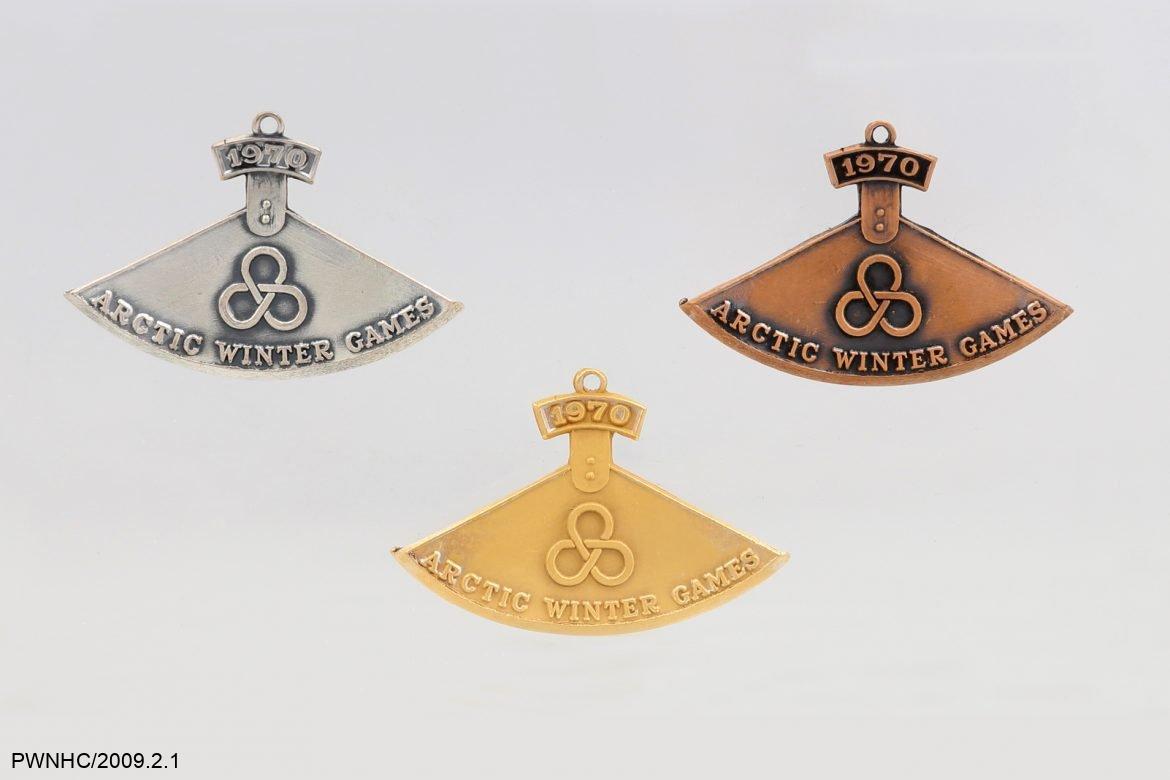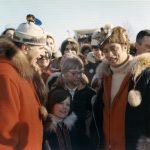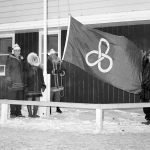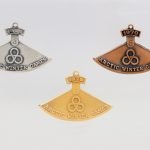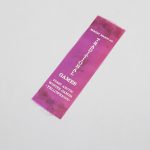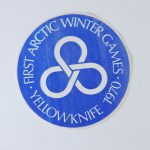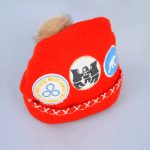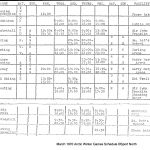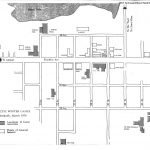1970
The First Arctic Winter Games
The initial idea for holding an athletic competition in the north, exclusively for northerners, can be traced back to an incident during the Canada Winter Games held in Quebec City during the Centennial year of 1967. Stuart Hodgson, Commissioner of the Northwest Territories, accompanied Team NWT. Hodgson had to leave the auditorium for a few minutes while the NWT member was playing badminton. When he returned, the game was over, and the Team NWT athlete had been soundly defeated by a better-trained and more experienced athlete from the south.
Hodgson realized that it wasn’t because weaker athletes were in the north. The disadvantage lay in the better training facilities and competitive experience that southern athletes brought to the Canada Winter Games. With this realization came the idea that there should be northern games for northerners and that the spirit of those games should be a friendly competition between neighbours. The celebration of sport would also include local Dene and Inuit games that would become the heart of the Arctic Winter Games.
The first Arctic Winter Games were held in Yellowknife in March 1970. Five hundred athletes, coaches, and officials gathered in Yellowknife. Organizers expecting fewer competitors struggled with the logistics of the Games that first year. Hodgson had pushed hard for these initial games and was satisfied that they took on a high profile, including Prime Minister Pierre Elliot Trudeau officiating the opening.
Those first Arctic Winter Games participants came from Alaska, Yukon, and Northwest Territories. Northern Quebec and Greenland athletes attended the second Arctic Winter Games held in Whitehorse in 1972, while the Soviet Union and Labrador sent observers. Participation from the Circumpolar world has grown to include Sámi and Russian people, Nunavut and Northern Alberta, along with the original five regions: Alaska, Yukon, NWT, Nunavik, and Greenland.
Over the years, the games have alternated mostly between Alaska, Yukon, NWT, and, more recently, northern Alberta. Greenland and Nunavut have also hosted. They have become more sophisticated, and the level of competition is higher, yet Stuart Hodgson’s vision of friendly competition remains unchanged.
